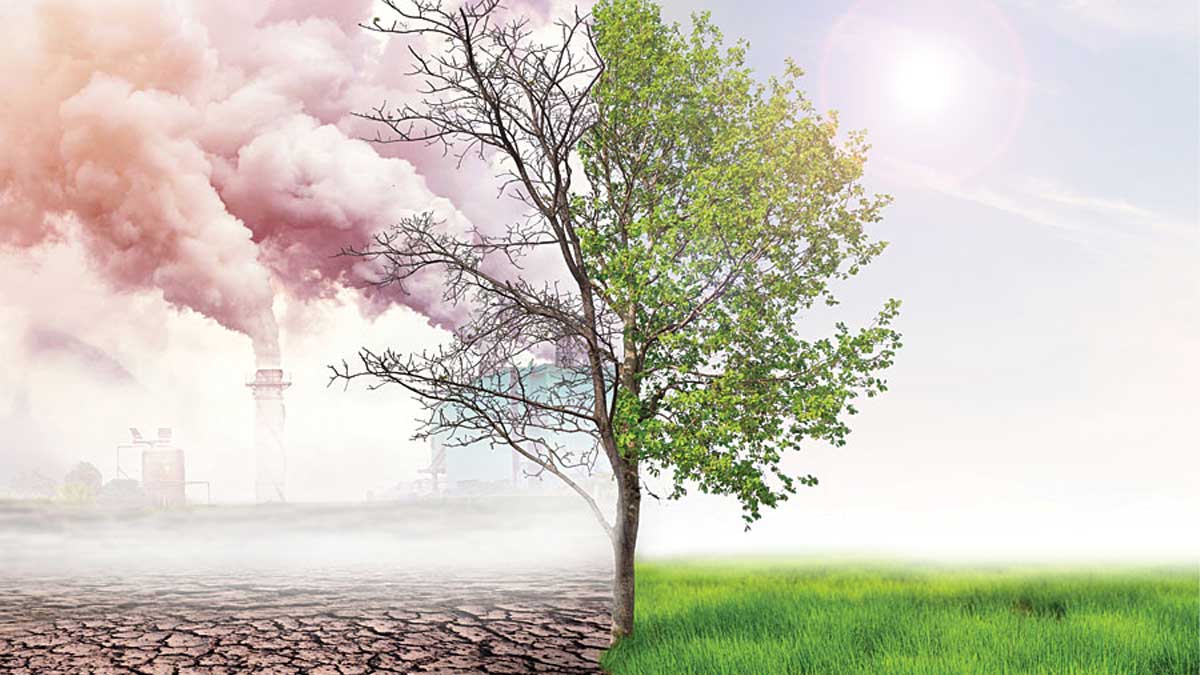Climate change could witness 4 percent of global annual economic output lost by 2050 and hit numerous poorer areas of the world disproportionately hard, according to the estimation of a new study of 135 countries.
Rating firm S&P Global, which marks the credit scores of the countries on the basis of the health of their economies, released a report looking at the expected effect of increasing sea levels, and more regular heatwaves, droughts, and storms.
In a baseline situation where governments mostly shy away from major new climate change policies, recognized as ‘RCP 4.5’ by scientists — lower- and lower-middle-income countries are expected to experience 3.6 times greater gross domestic product losses on average as compared to richer ones.
Read more: Climate change could force 216 million from their homes by 2050
Pakistan, Bangladesh, Sri Lanka, and India’s exposure to wildfires, major storms, floods, and also water shortages explains that South Asia has 10percent-18percent of GDP at risk, three times that of North America and 10 times more than the least-affected region, Europe.
The report further reveals that Central Asia, the Middle East, Sub-Saharan Africa, and North Africa regions also face sizable losses. Likewise, Pacific countries and East Asia experience similar levels of exposure as Sub-Saharan Africa, but mostly due to storms and floods rather than heatwaves and drought.
Moreover, the countries near the equator or small islands face more risk, however, economies more dependent on sectors like agriculture are expected to be more affected than those with the huge service sectors.
“To different degrees, this is an issue for the world,” Roberto Sifon-Arevalo, S&P’s top government credit analyst, said.
“One thing that really jumps out is the need for international support for many of these (poorer) parts of the world.”
Over the last 10 years, wildfires, storms, and floods alone are the reason for the losses of about 0.3percent of GDP per year globally according to insurance firm Swiss Re.
Meanwhile, the World Meteorological Organization also analyzes that, normally, weather, climate, or water-related disaster has occurred somewhere in the world daily for the last 50 years, causing 115 deaths and more than $202 million in losses on a daily basis.





















